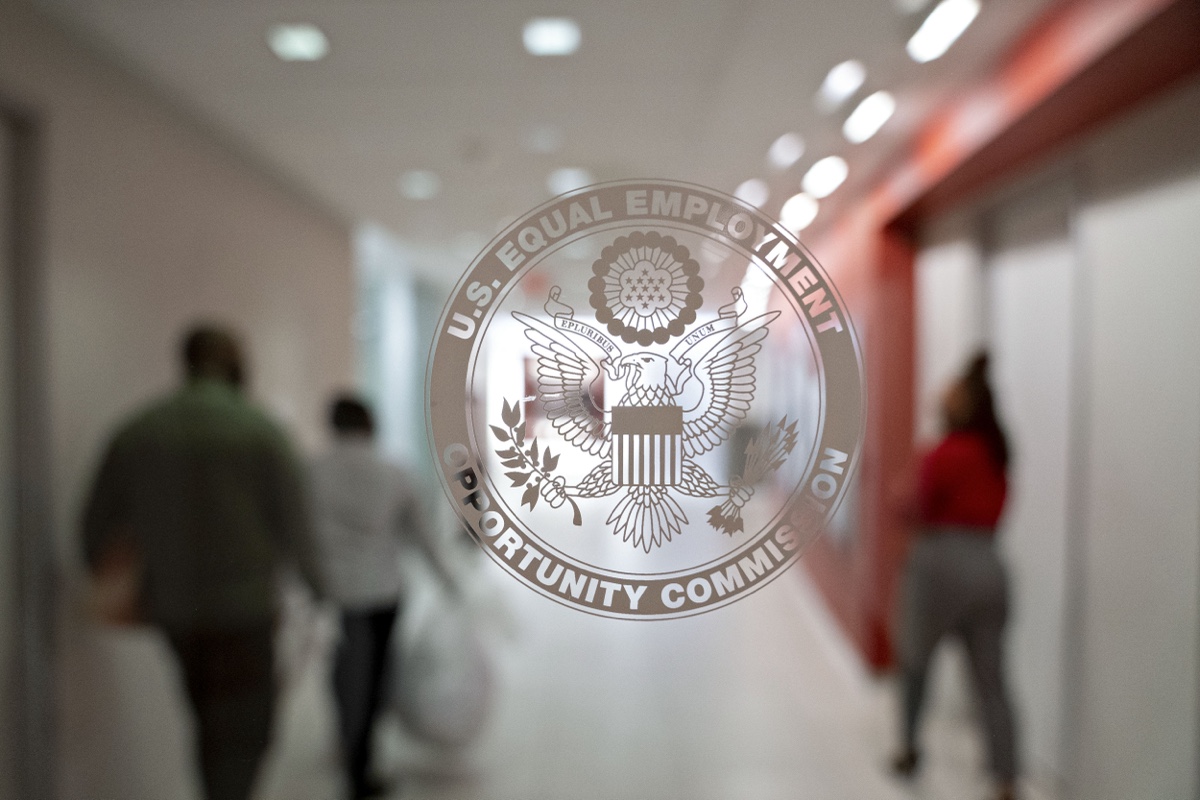December 27, 2023
The EEOC is gearing up to regulate AI in hiring practices to prevent racial and gender bias, but enforcement won’t happen overnight.
The Equal Employment Opportunity Commission (EEOC) is gearing up for a big role in policing Artificial Intelligence (AI).
Politico reports a survey by the Society for Human Research Management released last year showed that 79% of AI use in the workplace is focused on hiring and recruitment.
Keith Sonderling, the EEOC commissioner, has been one of the driving voices regarding the EEOC and AI, often speaking publicly about employers’ obligations in using the new technology.
“The difference with AI is the scalability of it,” Sonderling said, according to Politico. “Before, you have one person potentially making a biased hiring decision. AI, because it can be done at scale, can impact hundreds of thousands or millions of applicants.”
Sonderling added that existing civil rights laws still apply to AI. He wants the EEOC and the human resources sector to take a leading role in showing how the government can deal with AI technology in different settings.
“You’re dealing with civil rights,” Sonderling, former acting head of the Labor Department’s Wage and Hour Division, said. “The stakes are going to be higher.”
According to Sonderling, AI is having a significant impact on the EEOC, and the agency has been letting companies and corporations know that laws and standards will apply to AI.
The EEOC typically has jurisdiction over four entities: employers, employees, unions, and staffing agencies. However, with the addition of AI, venture capitalists and investors are now investing in technology that’s tasked with changing the workplace. Talented programmers, entrepreneurs, and developers are building these products and companies are looking to release these products.
However, it might take a while for the EEOC to develop basic standards and rules regarding AI and non-discriminatory hiring. For starters, U.S. lawmakers are largely unfamiliar with AI technology and how it works.
Also, the workplace has changed significantly due to the COVID-19 pandemic. According to Forbes, 12.7% of full-time employees currently work from home, and 28.2% work a hybrid model where they split time between the office and home. Additionally, most job interviews take place online now.
Perfecting AI will be a tough task as it has already shown a racial and sexual bias in several areas, including security, art, and employee recruitment. Sonderling said one thing that will help is that federal agencies are now trying to figure out how AI will benefit their agencies, which Sonderling said should help the EEOC develop better practices and standards.
“The more guidance, the more we can do to help employers who are willing to comply is really all we can do. Every agency needs to be doing that, no matter what the context is.”
RELATED CONTENT: President Biden’s Executive Order on AI Seeks Moral Responsibility
Enter your Email Address below to get our fun-filled Newsletter!
© 2023 Black Enterprise. All Rights Reserved.

